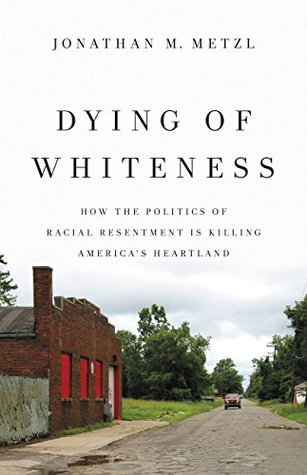Expanded health care enabled well-being for highly practical, seemingly nonideological reasons: health care allowed more people to go to doctors and to do so before they became gravely ill, thus saving money and improving quality of life. This line of reasoning is often attributed to ivory-tower health economists who study the benefits of particular health policies through frameworks of economics or public health. In the African American groups, we
Welcome back. Just a moment while we sign you in to your Goodreads account.


